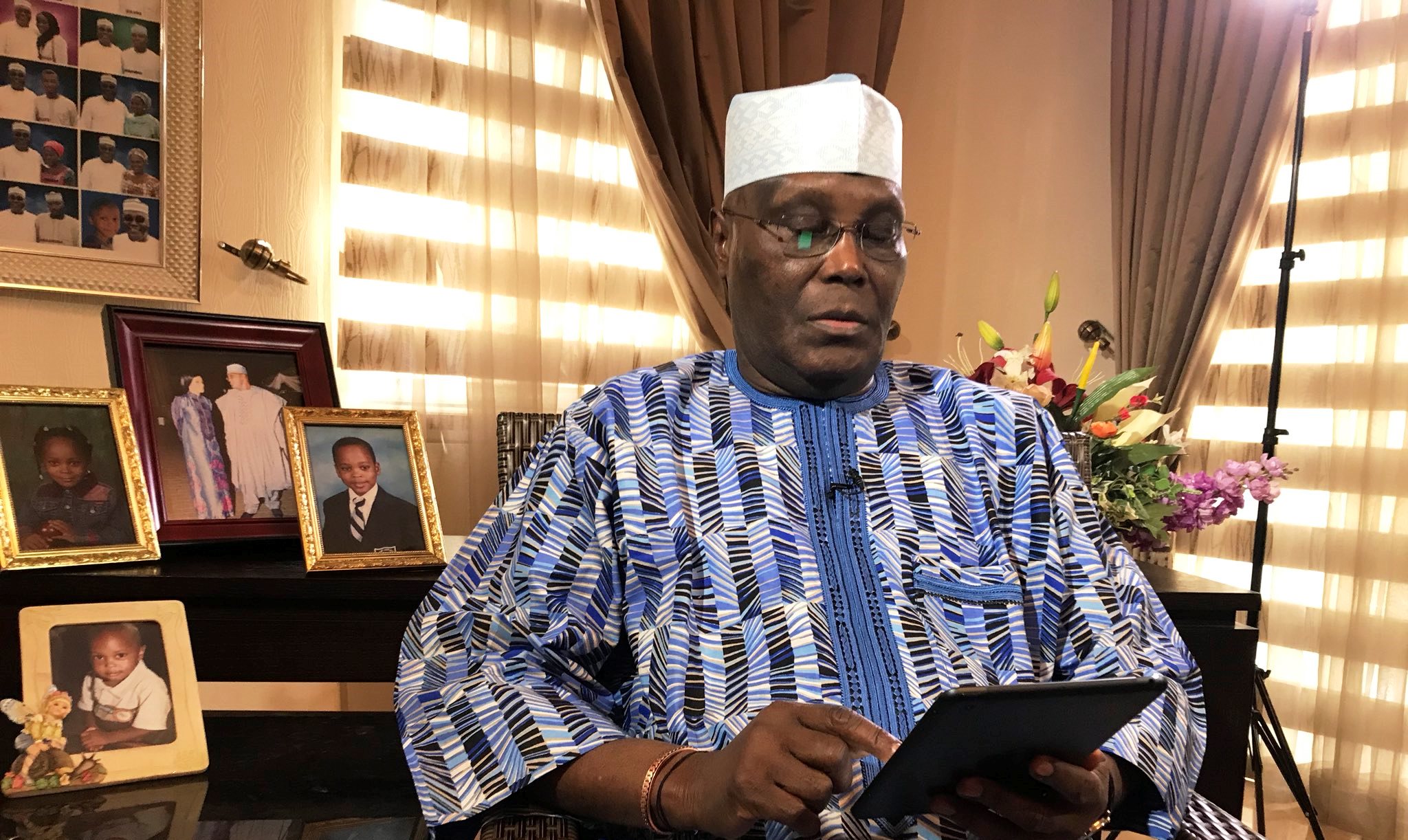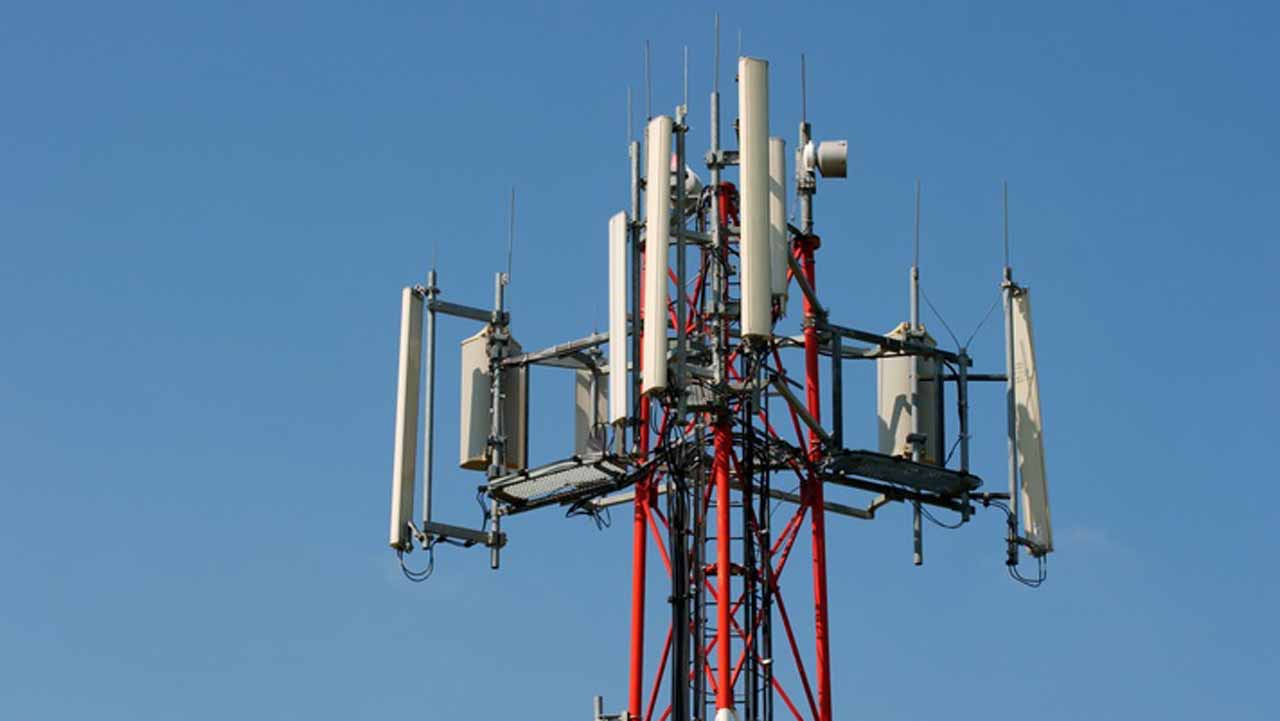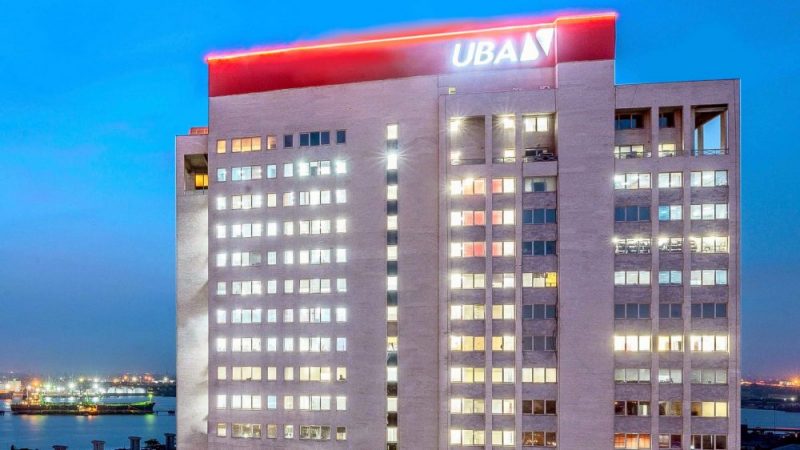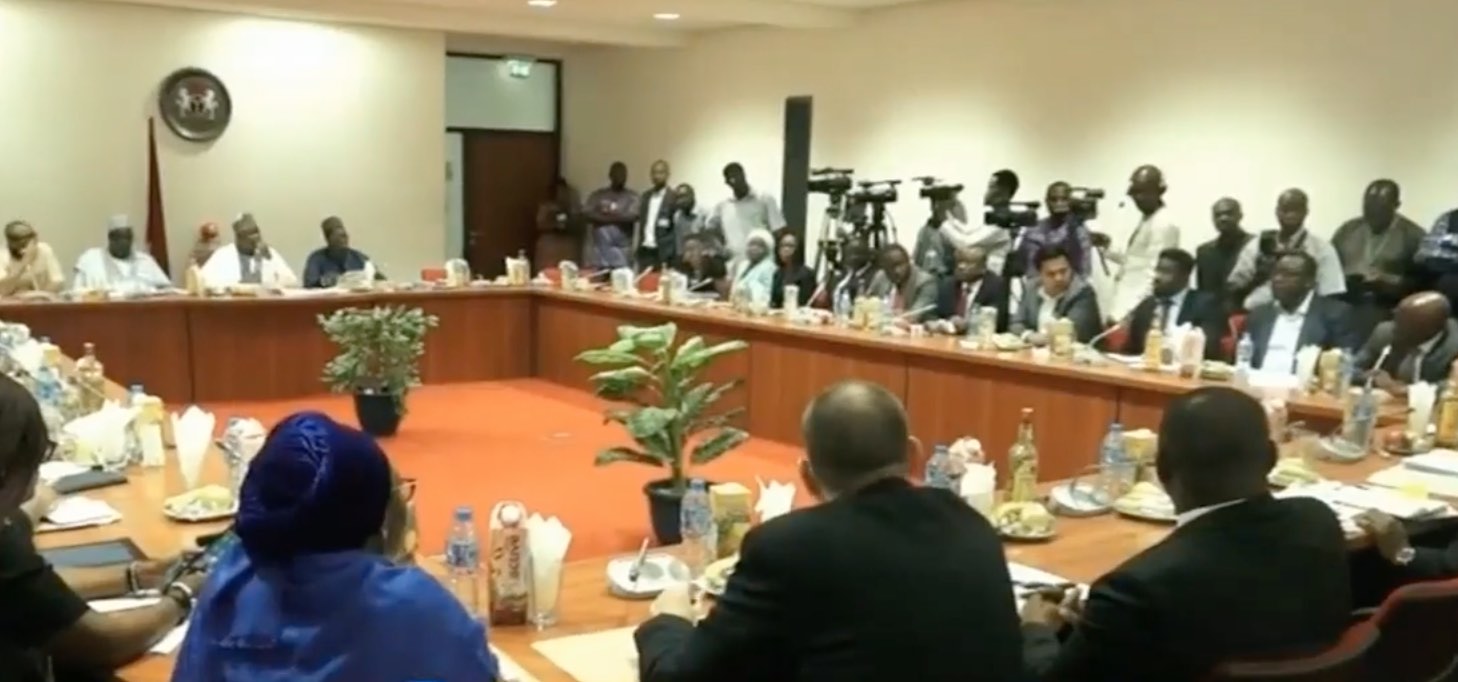On Monday, which was a public holiday, I was determined to control the factors that affect my mood. Reason being that why watching the newspaper review on a.m television, one of the pictures that really grabbed my attention was that of Lokoja submerged in water, followed by a banner headline in Leadership newspaper, After Hell, It’s Lokoja! Many Houses nearly covered or some totally covered by water, a bridge nearly unnoticeable, and movement and transportation in horrific abeyance.
Life is facing near annihilation in Lokoja, Kogi State. The state government has not declared a state of emergency, and the federal government has responded with equal insane ineptitude and a seeming disdain for the pain of others. People have lost their homes, that is, those who were lucky to escape; farms are washed away or totally overwhelmed by some kind of torrents of water comparable to Noah’s deluge.
Enough to herald a bad day, but not for me today. I will choose my colours and images, they have to be bright ones. I went to a stack of newspapers and pulled out a copy of Thisday of October 3, 2022, which I particularly like. It has a photo cover, World Champion Unveiled as GLO Ambassador. It is Tobi Amusan (Oluwatobilola Ayomide “Tobi” Amusan) smiling at the world.The other day she cried while being crowned at Oregon in the United States, for conquering the world of athletics. But it is harvest time now and the world can enjoy her beautiful smile and give a little harvest back for her efforts. The smile brightens the day and brings distant sunshine into touchable bloom.
At the 2008 Beijing Olympics when Usain Bolt set a new 100m record, the commentator asked, where were you when Usain Bolt ran this race? The answer for me has been a constant; I was in the Vanguard Newsroom. If you refresh the question and ask, where were you when Tobi Amusan shattered the world record in Women’s 100metres Hurdles? I was home trying to read a novel and I couldn’t even concentrate because I couldn’t bear to see her not win that race? That night she won, shed tears of joy and brought tears to so many faces, as President Muhammadu Buhari himself would confirm. The nation had been starved of so much good news and she brought a whiff of it to us all.
GLO again! The organisation has an uncanny way of arranging ambassadorial coronation for entertainers – musicians, actors and actresses, comedians, writers, sports personalities and a host of others, distinguishing themselves in their various fields of endeavour. Tobi is only the latest addition in that venerated pedigree of recognition.
While Tobi expressed joy to Globacom chairman, Dr Mike Adenuga, Jr. for the opportunity, promising to represent the company well while affecting the younger generation, Lagos Regional Manager of the telecoms service provider, Lawrence Odediran, credited the athlete as follows: “She is an embodiment of the Nigerian spirit of resilience, hardwork,and enterprise which enabled her to excel irrespective of the enormity of the challenges she encountered in her quest for success.”
In speaking about Tobi, Odediran has unwittingly given a summary of the Globacom story. The Globacom Chairman does not wear the colour of failure or frustration. He is foresighted and enjoys obdurate perseverance in pursuing his dreams.
His journey into telecoms began with Communications Investment Limited (CIL), one of the winners of the digital mobile licence, popularly referred to as GSM, in 2001, but got interred in a puff of controversy. He reincarnated in Globacom in 2003 and took off with the blast of the wind. He doesn’t plan small but executes very big, leaving giant and legendary steps in his tracks.
Globacom came into the telecoms market at a time two other companies were already enjoying commodious positioning in meeting the spongy demands of a people that had been denied telecom services. Yet Adenuga kept pleading that he knew how to make the impossible look very simple with refined ease and create a shock wave in a market where the low hanging fruits were already gone. Others had dug in, so where would the magic wand come from?
Far away in the background but with the distance exaggerating his ever looming persona, Adenuga took his management team and a team of journalists into France and Germany to meet with equipment vendors and manufacturers, to state his needs and be able to communicate his activities back home. A native was coming into the telecoms market and the difference in service offering, going forward, would be as distinct as the shade between cheap red wine and burgundy.
Per second billing was born in Glo wearing the colour of the nation. This was a little flashy green circle with some seductive white imprints. Those who conceptualised the brand scored an “A.” It has been a dream ride for the organisation except for the market challenges which, in our nation, are rife, mostly fuelled by bad governance and an intolerable inability to read the signs of a changing world and its nuanced demands.
Glo is a product of grit and determination and unrepentant self belief. Because building out a telecoms network is not really the same thing as picking up a beautiful piece of cake from Chocolate Royale, Adenuga had to prepare himself to play with the big boys in the continent’s telco ecosystem. And by himself, he introduced the fear factor by building an underwater fibre optics cable, Glo-1, from Europe to Africa with the cable landing in some countries before terminating in Lagos, Nigeria. Before this time, only NITEL represented Nigeria in SAT-3 which belonged to a consortium of 48 telecom operators across the globe. The Globacom brave heart shouldered that challenging responsibility with salutary effrontery and national pride.
Being a businessman, Adenuga knew how to build from scratch upwards. This is why he may have dedicated his network to supporting and telling the story of ordinary guys, people from very inconsequential backgrounds who have become some kind of global rage. At other times it is to reinforce the narrative of a beautiful culture which Nigeria has contributed copiously to the world in a very distinguished way.
From Music to Nollywood, and from Sports to Creative Writing and other endeavours, Glo covers them all with a most fascinating brand umbrella. At one point in 2015, Glo announced the signing on of 28 brand ambassadors drawn from various fields. Since then the collection has only grown richer. Whether it is the story of Odion Ighalo, the footballer, Anthony Joshua, the boxer, Wizkid, the musician, our own RMD, the ageless, dimple-faced lady’s eye-popper of Nollywood, and the very recent Tobi Amusan, there is always something positive, a story that elevates from the dust to stardom, a traction between the building of a brand and the promotion of culture through personal struggles and little victories that coalesce in moments of national glory and international recognition, Glo has yielded its platform and resources to nurturing an enchanting tradition that will shine gloriously into the future.
One night in June 2008, Adenuga simply overwhelmed the little country of the Republic of Benin with one of Nigeria’s cultural exponents and export, and frontline Glo ambassador, Chief Sunny Ade, to announce the launch of Glo services in that nation. If Cotonou didn’t feel the impact of Adenuga and Sunny Ade that night, then truth is accidented in the world.
There is always a shade of difference around Glo and that shade is expounded in national colours through our numerous stars and national heroes. Tobi is donning the Glo appurtenances now and many more will follow. In consideration of all this, Glo for me, remains a number one brand ambassador for the nation and should be allowed to enjoy some privileges, the sort enjoyed by such outfits in other parts of the world.






